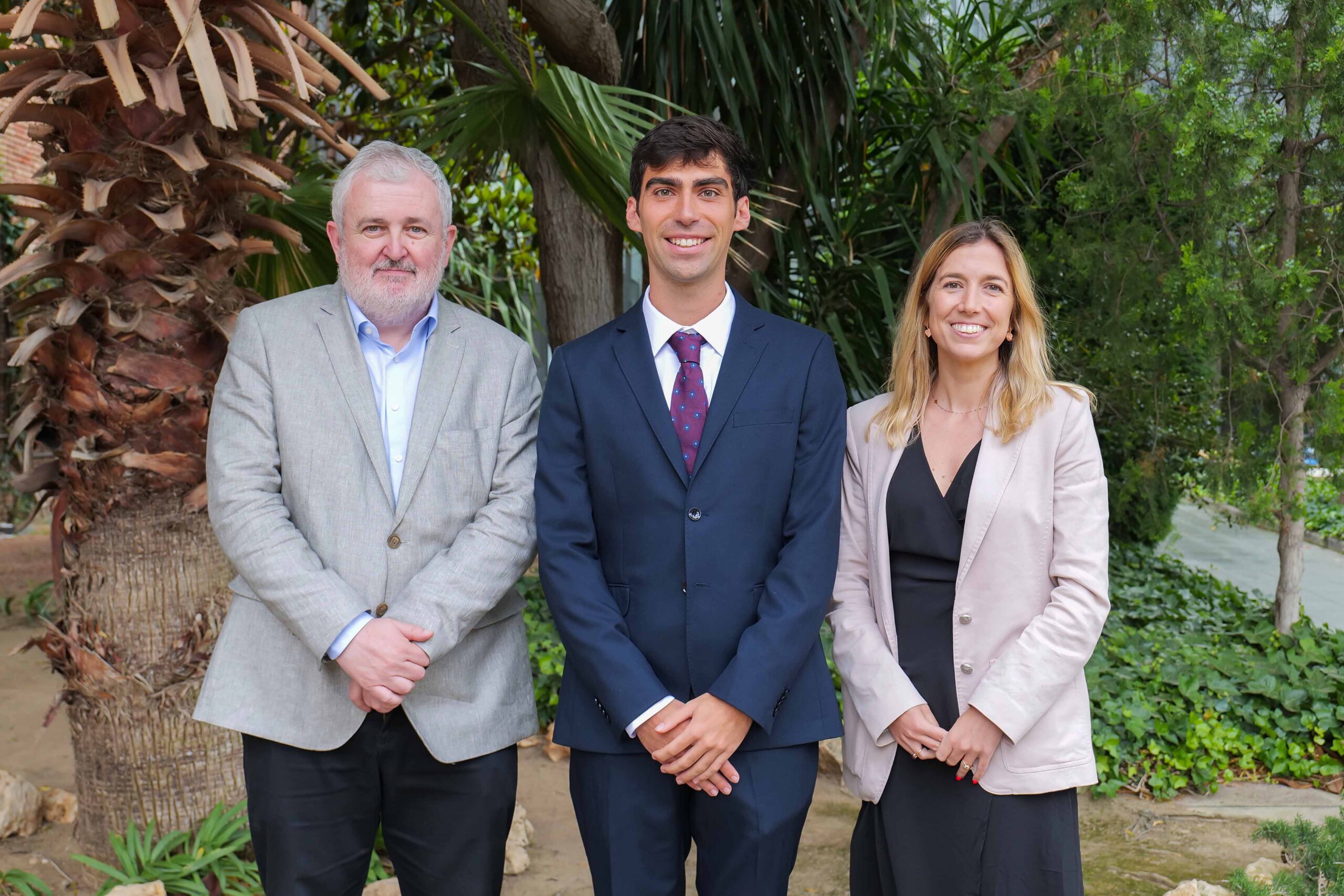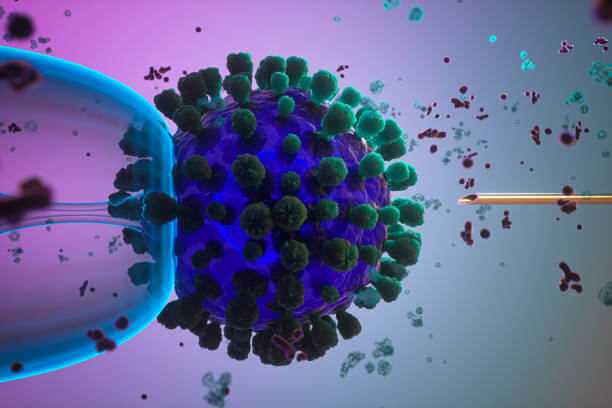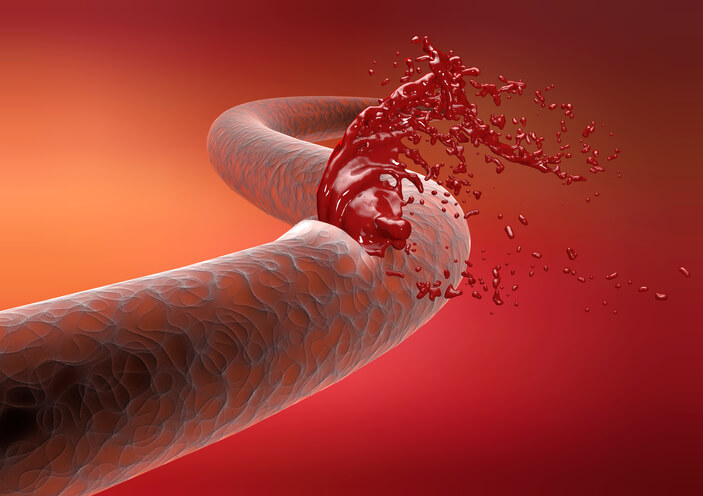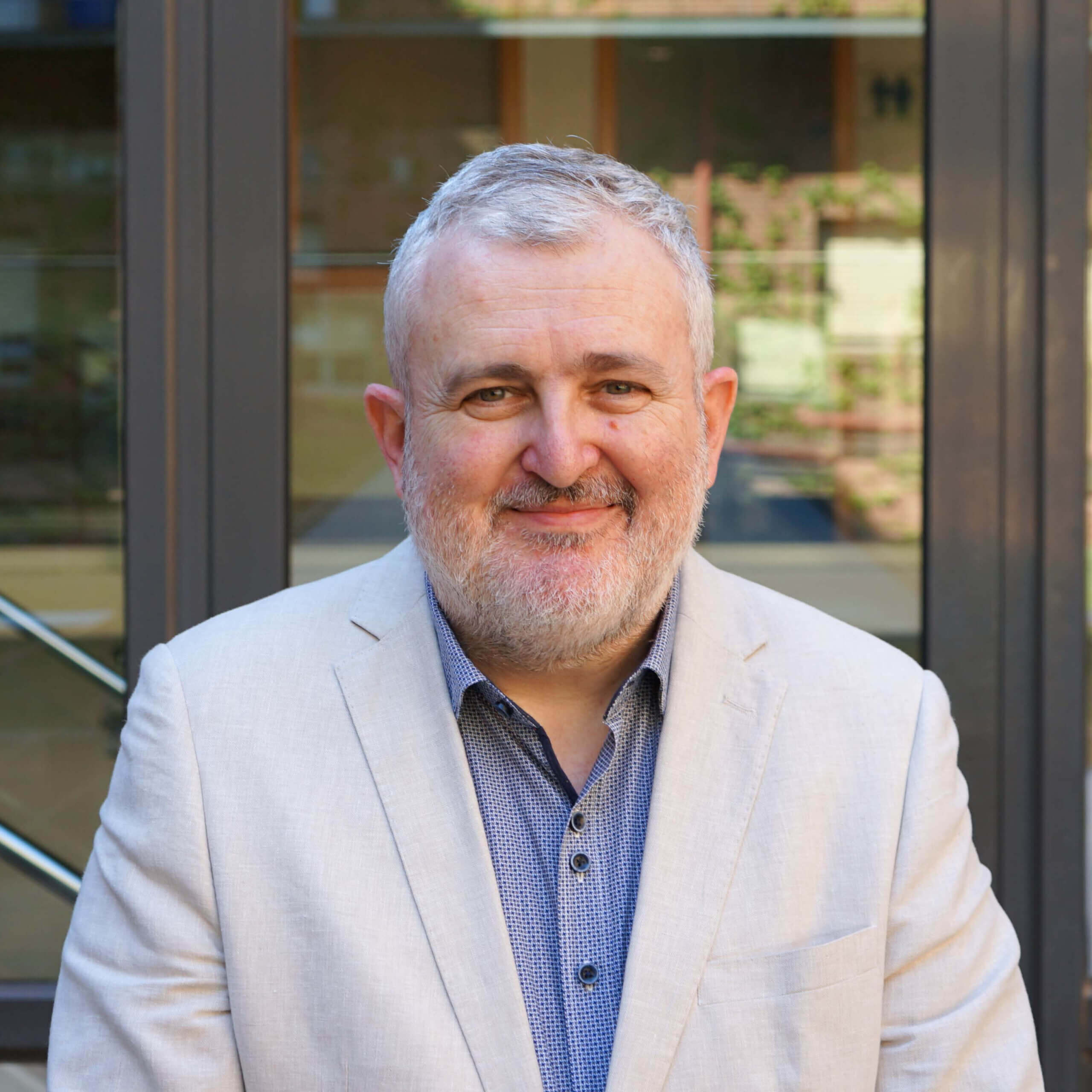Dr Carles Bofill Bonet recently defended his doctoral thesis at IQS, in which he developed new systems for the local release of therapeutic agents to treat abdominal aortic aneurysm, demonstrating their effectiveness.
The use of polymeric nanoparticles has been considered a promising alternative that facilitates the controlled release of labile active ingredients, in time and space, a fact that has significant therapeutic advantages over current medicine. This fact is of great interest for pathologies in which the conditions for administration are complex, such as cardiovascular diseases, where high blood flows hinder the release of therapeutic molecules in the vessel tissue.
This is the case of abdominal aortic aneurysms (AAA) that occur due to a weakening and inflammation of the lower part of the aorta as a result of the overexpression of type 2 metalloproteinases (MMP2) in the extracellular matrix of the aortic wall. The treatment of these aneurysms is currently done pharmacologically or by surgical endovascular repair, but both options present various complications.
Dr Carles Bofill Bonet recently conducted his doctoral thesis at IQS, in which he sought new strategies to treat AAAs by using new systems for the release of therapeutic molecules. Under the title Design of a local delivery system for the treatment of abdominal aortic aneurism, his thesis was supervised by Dr Cristina Fornaguera Puigvert and Dr Salvador Borrós Gómez, research professors with the Materials Engineering Group (GEMAT) at the IQS School of Engineering, experts in the development of new drug delivery systems and mRNA-based therapies.
His research has been carried out in collaboration with the company Aortyx, within the project to achieve a new endovascular medical device through its aortic disease treatment system.
Two therapies to treat abdominal aortic aneurysms
The main objective of his thesis was to mitigate type 2 metalloproteinases (MMP2), which degrade the extracellular matrix of the aortic wall and are overexpressed in abdominal aortic aneurysms. To achieve this, Dr Bofill developed two innovative strategies based on the use of polymer nanoparticles: one for drug therapy and another for mRNA-based therapy.
Regarding drug therapy, polymeric nanoparticles were formulated by encapsulating a new repositioned candidate for this pathology, Doxycycline, from the chemical modification of poly (lactic-co-glycolic) acid with peptides capable of internalizing within cells and by new methods developed based on double emulsions. The nanoparticles confer protection to the drug against spontaneous degradation, reducing the generation of degradation products without pharmacological activity. The results obtained have made it possible to achieve high encapsulation efficiencies, high biocompatibility, and high effectiveness against MMP2.
As a proof of concept, the nanoparticles obtained were tested by adhesion in the poly-caprolactone microfibers of AX-GEN-01, the biodegradable medical device designed by Aortyx that enhances the regeneration of aortic tissue. The system obtained allowed a local and sustained release of the nanoparticles loaded with Doxycycline, capable of reducing the concentration of MMP2 and reversing the pathological condition.
Regarding mRNA-based therapy, in the second part of his thesis Dr Bofill has demonstrated the modulation of altered proteins in abdominal aortic aneurysm by administering mRNA encoding TIMP-3, one of the main inhibitors of MMP2. In addition, combined therapy with microRNA-21 has also been performed to promote cell migration in the medical device and support the regeneration of damaged aortic tissue, reducing the PTEN protein. The administration of both genetic materials, through the use of poly-(beta-aminoester) nanoparticles modified with cationic peptides that enhance transfection, has shown an increase in TIMP-3 levels through the use of mRNA and a reduction in PTEN with the administration of microRNA-21.
In his thesis, Dr Bofill has demonstrated the effectiveness of the two strategies developed to treat abdominal aortic aneurysms through the use of biodegradable polymeric particles that have the ability to control the release of therapeutic molecules and to modulate altered proteins in abdominal aortic aneurysms, which can be administered locally thanks to the Aortyx medical device AX-GEN-01.
Related publications
Carles Bofill Bonet et al, Designing of an innovative poly(caprolactone) electrospun microfibers patch with integrated Doxycycline loaded poly(lactic-co-glycolic acid) nanoparticles for abdominal aortic aneurysm local treatment. Annual meeting Controlled Release Society – CRS 2024, Bologna.
This thesis has received support within the Challenges- Collaboration 2020 / RTC2019-007260, aneurysm medical device project call. This programme aims to support experimental development projects for cooperation between companies and research organizations in order to promote the development of new technologies, the application new ideas and techniques, and contribute to the creation of new products and services.
















